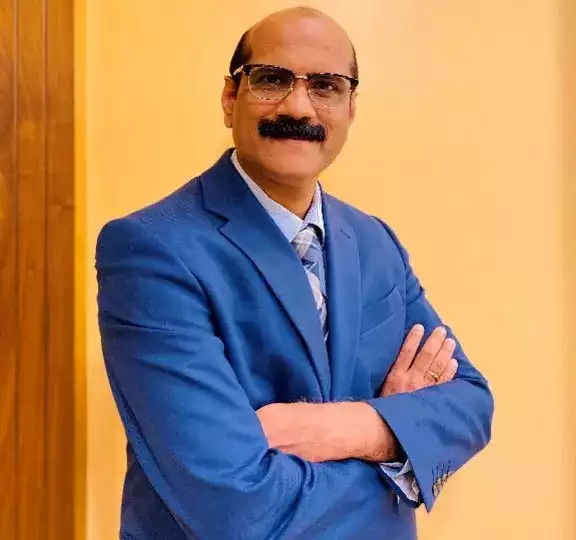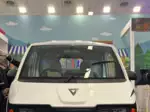Toyota prioritises energy mix based on infra and customer needs in India

“Toyota’s global vision is clear and simple —we are committed to our 2050 Environmental Vision. A key focus of this vision is advancing carbon neutrality across both manufacturing and product lineup. This direction remains consistent worldwide, including in India. The only variation lies in the energy mix, which is adapted based on infrastructure readiness and evolving customer preferences of specific market,” says Dalvi.
Emphasising that Toyota has never opposed electric vehicles (EVs) but that it all about the right timing, Dalvi shares, “Today, we have robust hybrid technologies and are actively working on biofuels, particularly flex-fuel, but not losing out on the pillar of electrified technology.”
He adds, “We believe that combining flex-fuel with strong hybrid systems offers the best solution, as it leverages biofuels within the framework of electrified mobility.”
Indicating that strong hybrids are not the only game plan, he shares, “It is a transition and the ultimate goal is hydrogen probably. This transition is essential for sustainable progress. We are working on the vision to provide mass happiness for all – looking beyond product and service - to create mobility solutions for all.”
Responsible manufacturing and products
Asked about environmentally responsible manufacturing and products, Dalvi says, “Sustainability is critically important to us—not just globally, but especially in India. We focus on the entire product lifecycle, from design to dismantling. It’s no longer just about designing, manufacturing, and disposing; it’s about designing, manufacturing, disposing, and then recycling. This approach drives our choices in material selection and engineering."
Dalvi further emphasises on the importance of product design in promoting sustainability. "It’s about how we construct and design our products to be replaceable, repairable, and modular. This means parts don’t always need to be scrapped entirely—they can be reused, recycled, or refurbished. By doing this, we minimise waste and extend the lifecycle of our products," he explains.
"In manufacturing, we prioritise green practices. Our plants are powered entirely by 100% renewable energy and operate using 90% recycled water through rainwater harvesting orrecycled. Additionally, 96% of our manufacturing waste is recyclable, and we are actively working to eliminate the remaining 4% to achieve zero waste." Moreover, the company is also working on minimising content of sulphur and other toxic materials to create more environmentally friendly materials, designs and products. Asked if the sustainability work is alongside Suzuki Motor Corporation, Dalvi says, “Design and development – each one of us work independently.”
On integration of recycled materials into new vehicles, Dalvi acknowledges, "We are in the early stages of it. Globally, Toyota is committed to sustainable battery recycling processes, and we are aligning with these standards in India as well."
Battery technology
Speaking on battery technology and safety concerns, Dalvi shares, “Thermal runaway in batteries has been a topic of concern, and we are continuously working to ensure the highest safety standards in our battery technology.”
Dalvi shares that while sodium-ion-batteries are not on plans currently, Toyota is working on solid state batteries. Solid state batteries are expected to give more energy in compact size with less material, quick charging capabilities and longer range. Moreover, it will be more efficient with higher recyclability.

